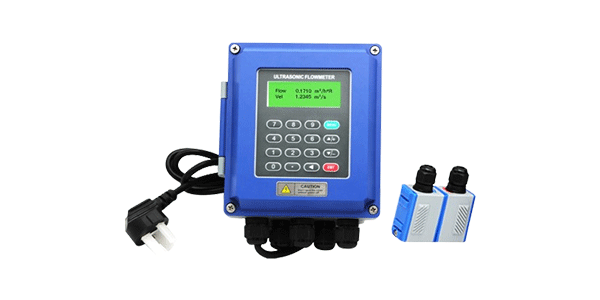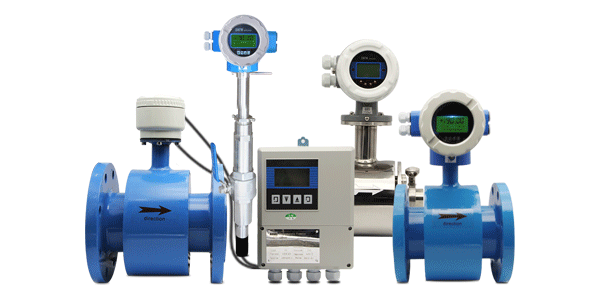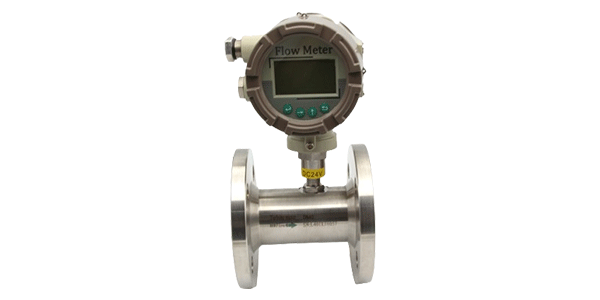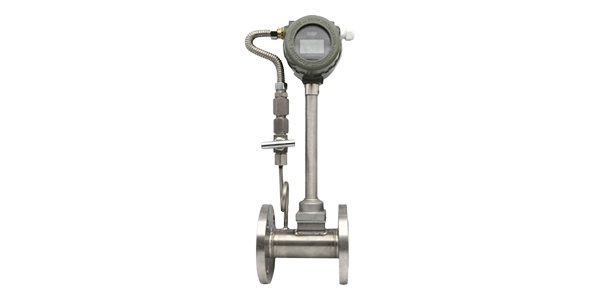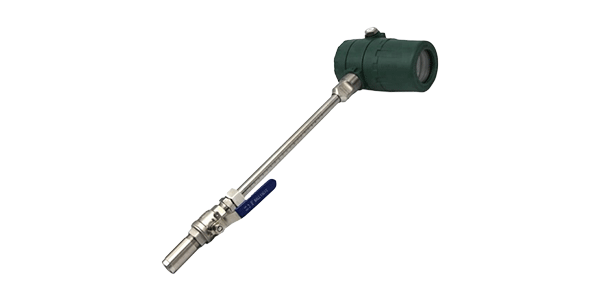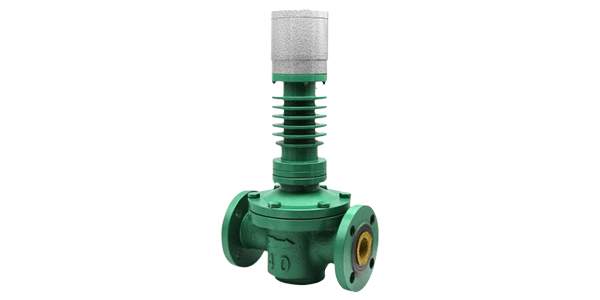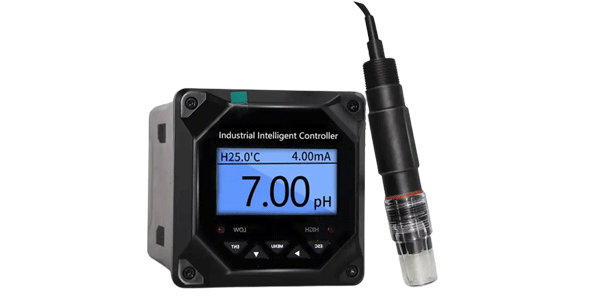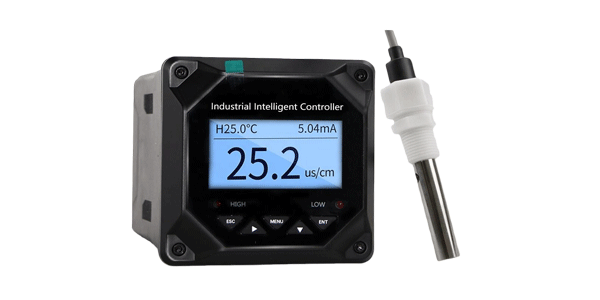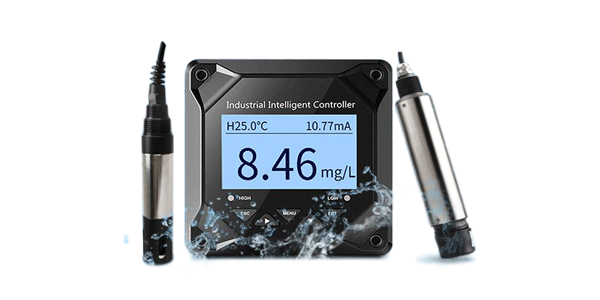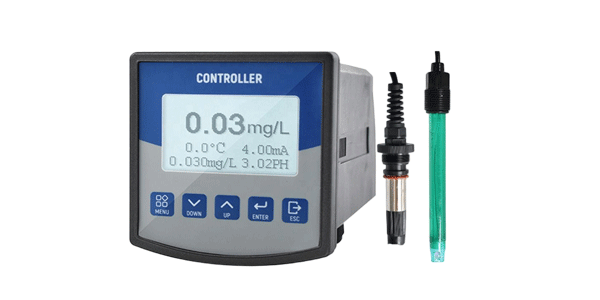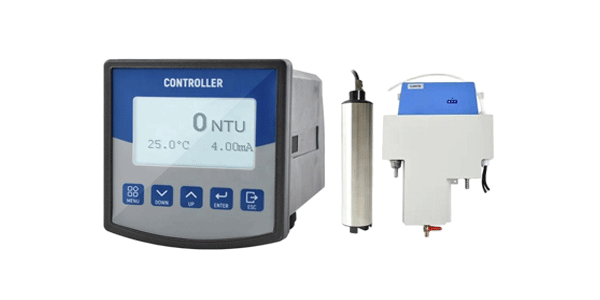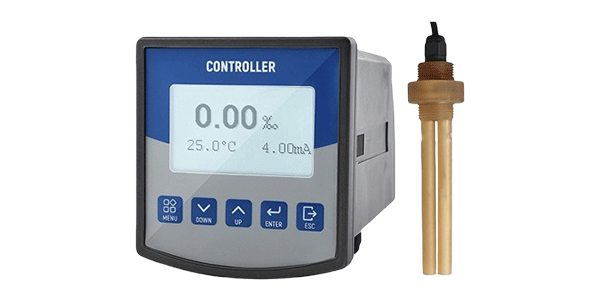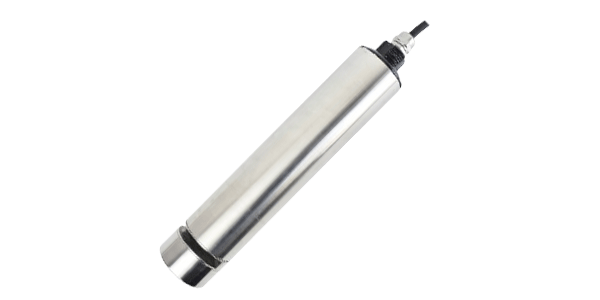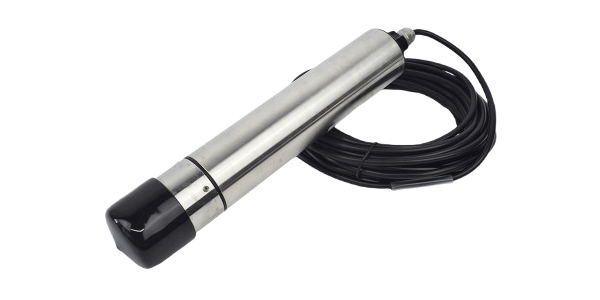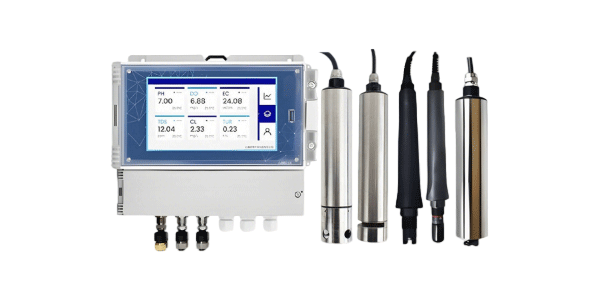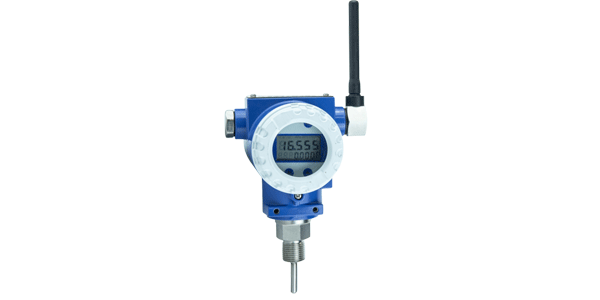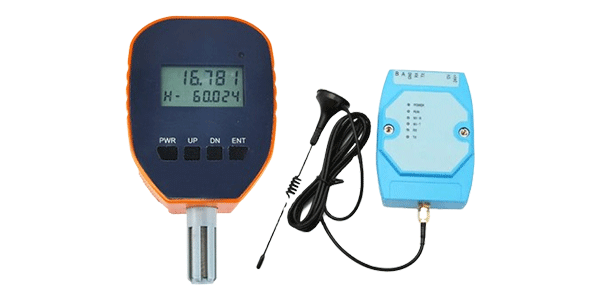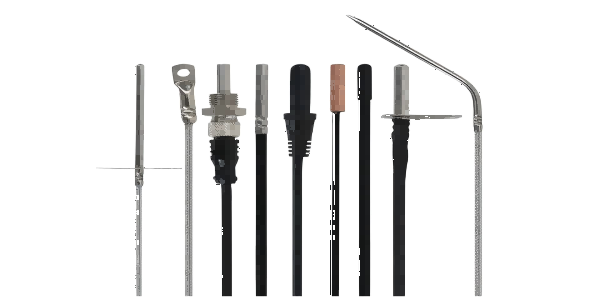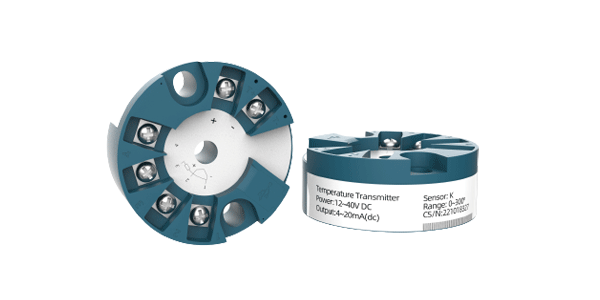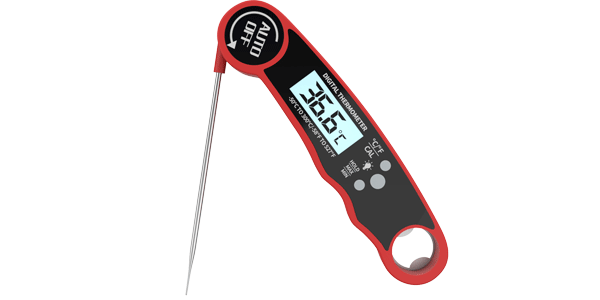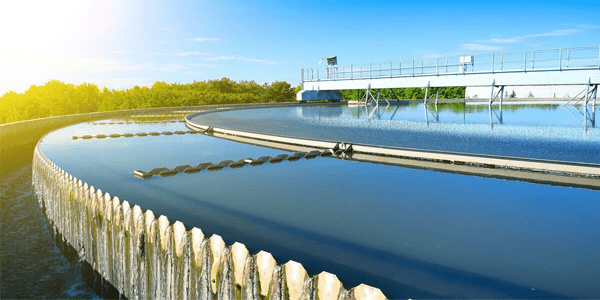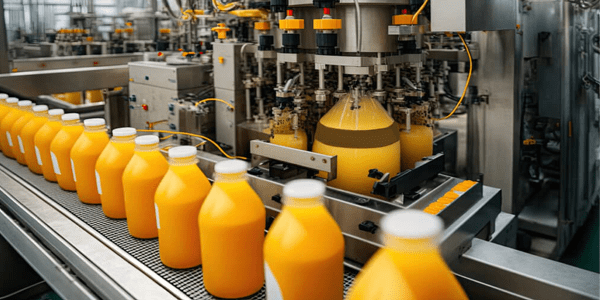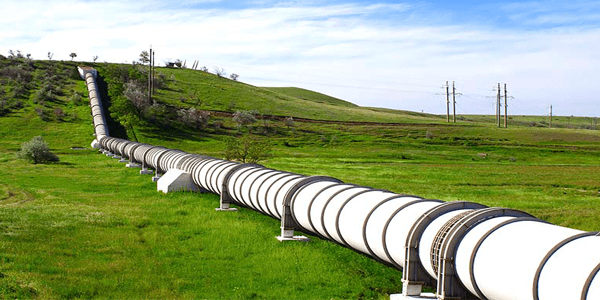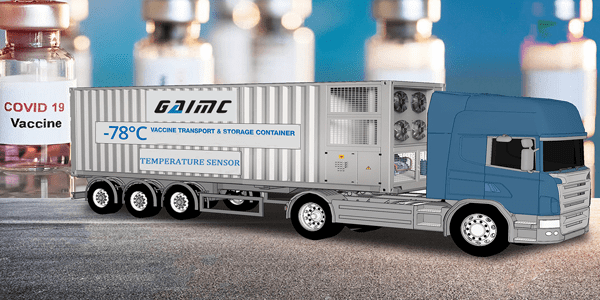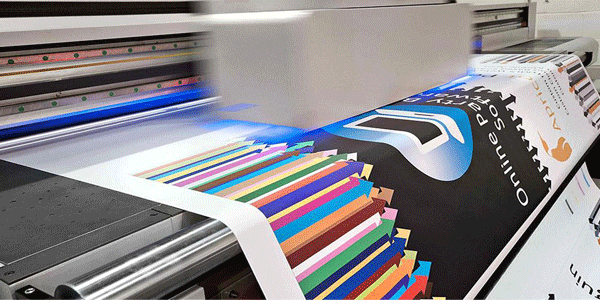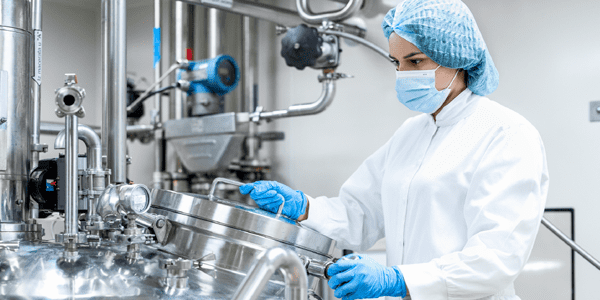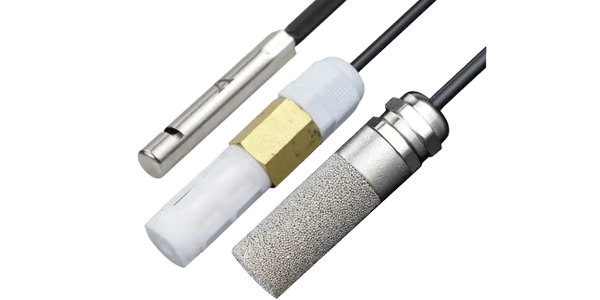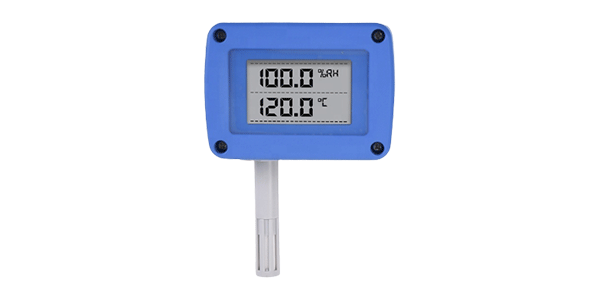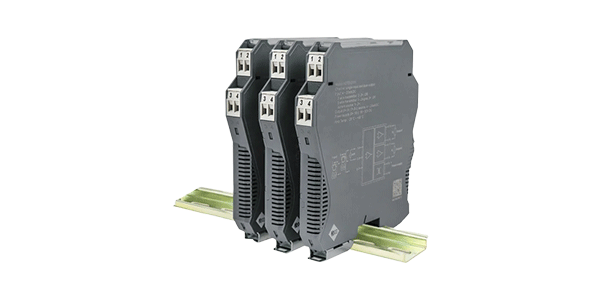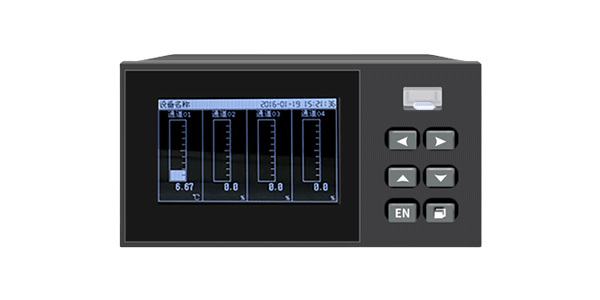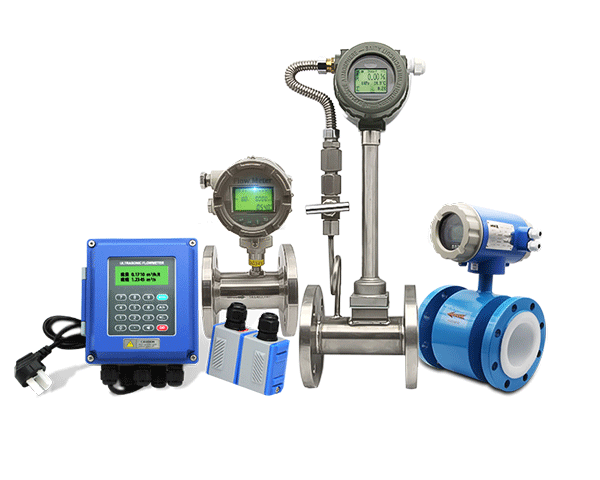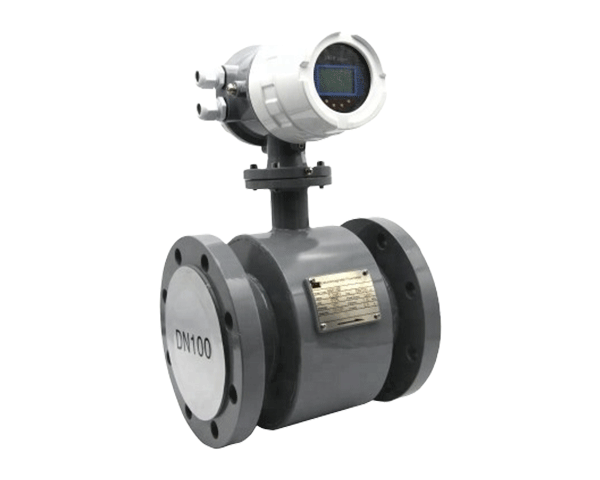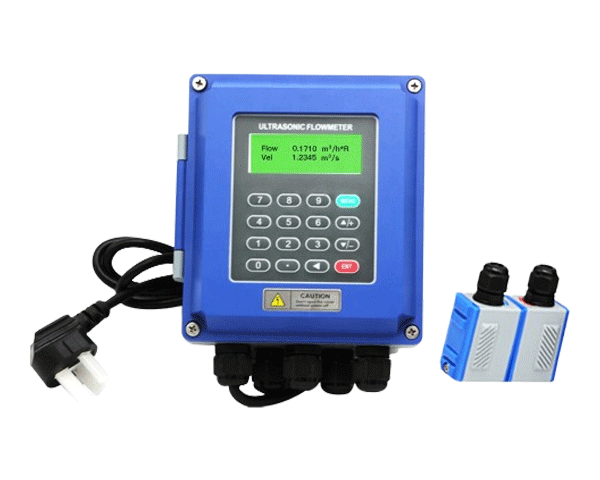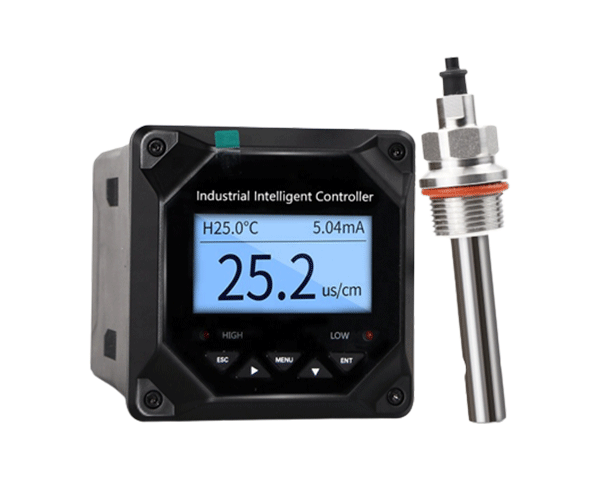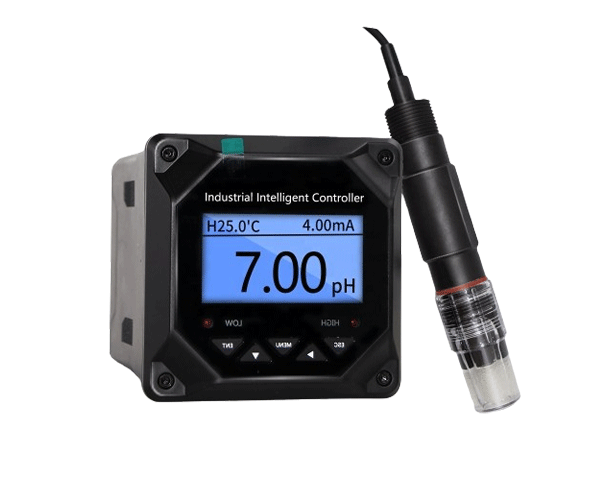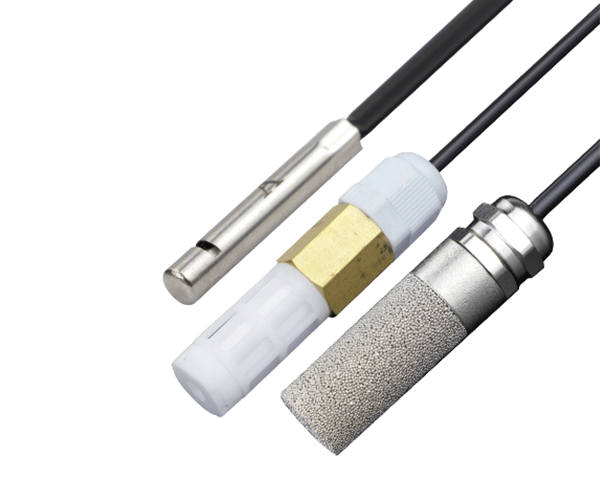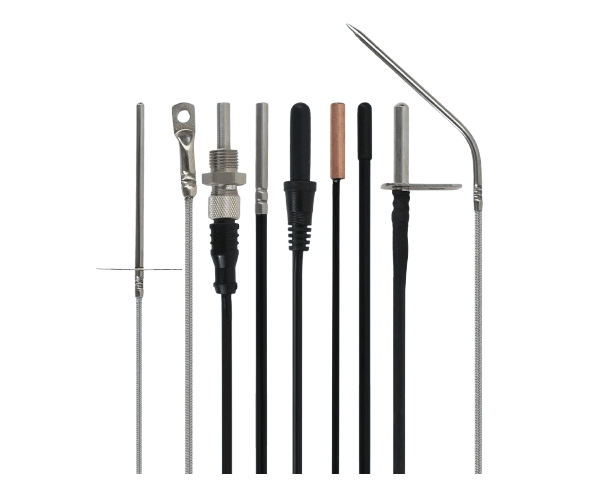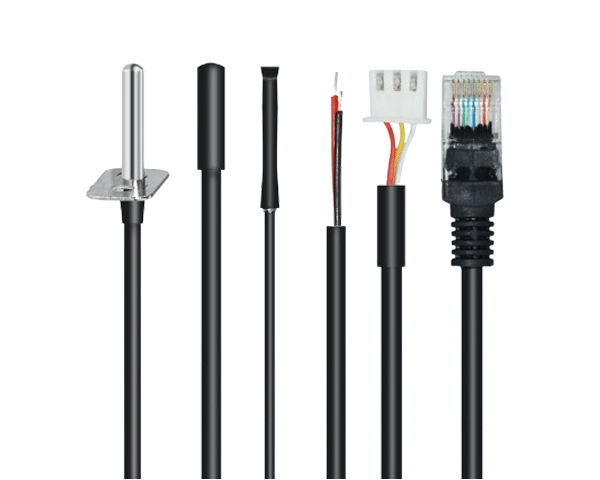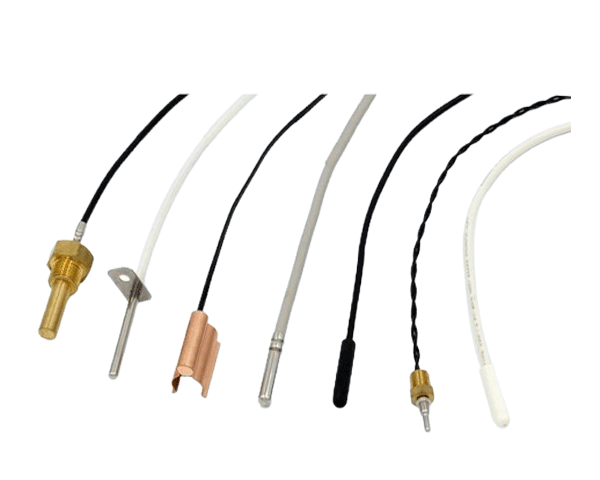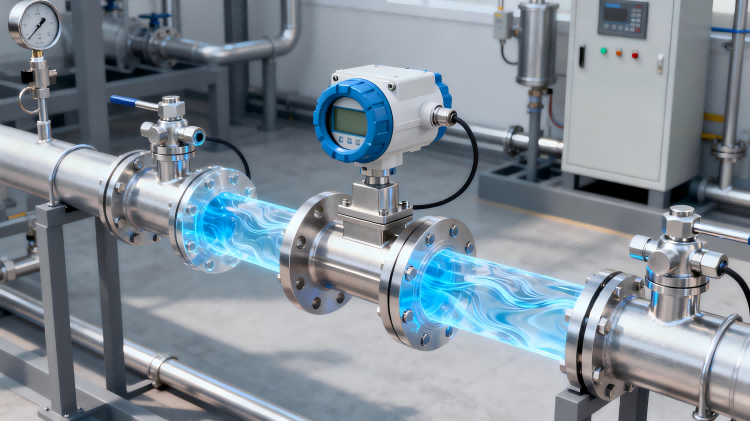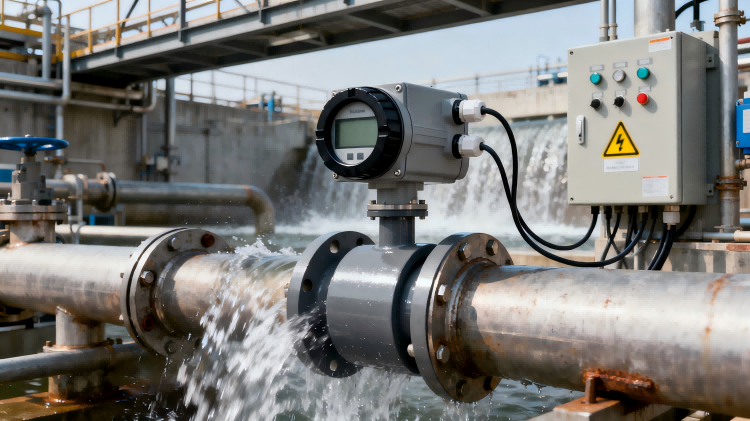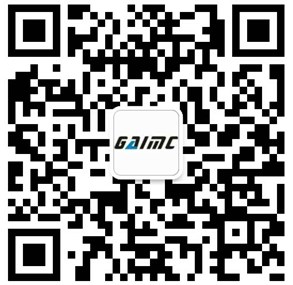In this article, you will learn about the practical differences between turbine and electromagnetic flow meters for monitoring ultrapure and deionized water in industrial processes. We will compare their operating principles, key advantages, limitations, and help you determine which technology best suits your specific application requirements for accurate and reliable flow measurement.
Understanding Deionized Water and Its Measurement Challenges
Deionized (DI) water, also known as demineralized water, presents unique challenges for flow measurement. With its high purity and low conductivity, DI water lacks the mineral content that facilitates certain measurement principles. Additionally, its corrosive nature toward metals and potential for causing accuracy drift make selecting the right flow meter critical for industrial processes in pharmaceutical manufacturing, semiconductor production, power generation, and chemical processing.
Turbine Flow Meters for Deionized Water
Turbine flow meters operate on a simple mechanical principle: as fluid flows through the meter, it causes a rotor to spin. The rotational speed is proportional to the flow rate, which is converted into an electrical signal for measurement.
Advantages of Turbine Meters
-
High accuracy at stable flow rates
-
Good repeatability
-
Wide temperature and pressure ranges
-
Cost-effective for many applications
Limitations with Deionized Water
-
Moving parts subject to wear and contamination
-
Potential for bearing failure
-
Limited suitability for low flow rates
-
Possible metallic contamination from wetted parts
Electromagnetic Flow Meters for Deionized Water
Electromagnetic flow meters (mag meters) operate on Faraday's Law of electromagnetic induction. When a conductive fluid flows through a magnetic field, a voltage is generated proportional to the flow velocity.
Advantages of Electromagnetic Meters
-
No moving parts - minimal maintenance
-
Unobstructed flow path - no pressure drop
-
Excellent for low flow rates
-
High accuracy across wide flow range
Considerations for Deionized Water Applications
-
Requires minimum fluid conductivity (typically >5 μS/cm)
-
Higher initial investment
-
Proper grounding essential for accurate measurement
Direct Comparison: Key Selection Factors
Turbine Flow Meters
-
Lower initial cost
-
Mechanical operation
-
Moving parts require maintenance
-
Potential contamination risk
-
Best for stable flow rates
Electromagnetic Meters
-
Higher initial investment
-
No moving parts
-
Minimal maintenance
-
No contamination risk
-
Excellent for variable flows
Accuracy and Repeatability
While both technologies offer good accuracy, electromagnetic flow meters typically maintain better long-term stability with deionized water due to the absence of moving parts that can wear or become contaminated.
Maintenance Requirements
Electromagnetic meters require significantly less maintenance as they have no moving parts. Turbine meters need periodic bearing replacement and rotor inspection, which can increase total cost of ownership.
Application-Specific Recommendations
When to Choose Turbine Flow Meters
-
Budget-constrained projects with proven water quality stability
-
Applications where minimal metallic contamination is acceptable
-
Systems with consistent, moderate to high flow rates
When to Choose Electromagnetic Flow Meters
-
Critical processes where maintenance downtime must be minimized
-
Applications requiring the highest accuracy across variable flow rates
-
Systems where water purity must be absolutely maintained
-
Pharmaceutical and semiconductor manufacturing applications
GAIMC Solutions for Deionized Water Flow Monitoring
GAIMC offers specialized flow measurement solutions optimized for deionized water applications across various industries. Our electromagnetic flow meters feature advanced signal processing technology that ensures reliable measurement even with the low conductivity characteristics of ultrapure water.
For applications where turbine meters are appropriate, our precision turbine flow meters incorporate materials compatible with high-purity water systems to minimize contamination risk while maintaining measurement accuracy.
Frequently Asked Questions
What is the minimum conductivity required for electromagnetic flow meters to work with deionized water?
Most standard electromagnetic flow meters require at least 5 μS/cm conductivity for reliable operation. However, GAIMC offers specialized models that can accurately measure fluids with conductivity as low as 1 μS/cm, making them suitable for most deionized water applications.
Can turbine flow meters contaminate ultrapure water systems?
Standard metallic turbine meters can potentially introduce metallic ions into ultrapure water. GAIMC addresses this concern with specialized models featuring non-metallic wetted components that prevent contamination while maintaining measurement integrity.
How often do turbine flow meters require calibration in deionized water service?
Calibration frequency depends on operating conditions, but typically turbine meters in continuous deionized water service should be calibrated annually. GAIMC provides calibration services and can recommend optimal maintenance schedules based on your specific application parameters.
Which flow meter technology offers better low flow sensitivity for deionized water?
Electromagnetic flow meters generally provide superior low flow measurement capability for deionized water, with some models accurately measuring flows as low as 0.1 m/s. This makes them ideal for applications with wide flow variations or consistently low flow rates.
Sources and Industry References
-
International Society of Automation (ISA) - Standards for Flow Measurement
-
International Electrotechnical Commission (IEC) - Electromagnetic Flow Meter Specifications
-
American Water Works Association (AWWA) - Water Purity Classification
-
GAIMC Technical Specifications and Application Notes
Need Expert Guidance for Your Deionized Water Application?
Our engineering team has extensive experience selecting and configuring flow measurement solutions for challenging applications including ultrapure and deionized water systems.
Get Solution
Recommended Products for Deionized Water Applications
